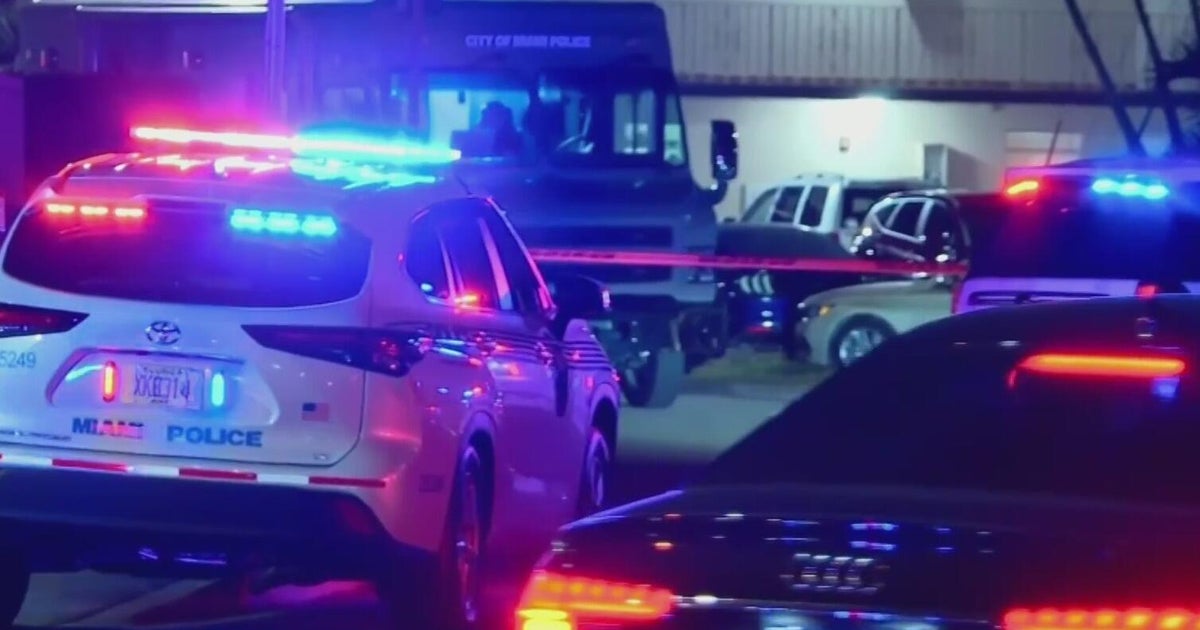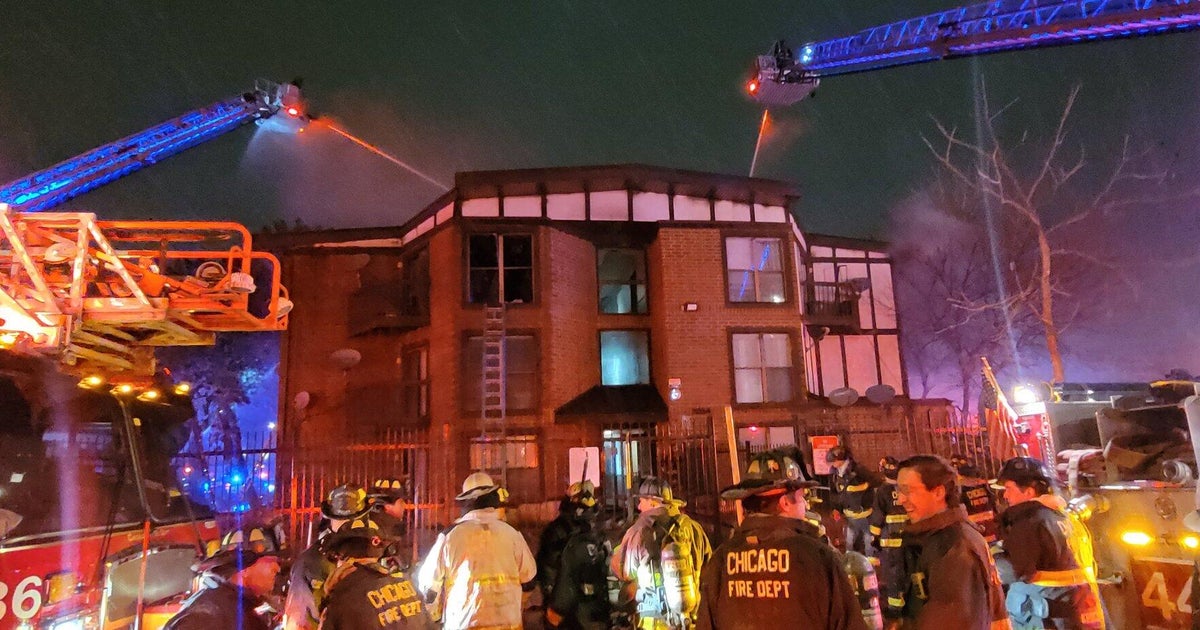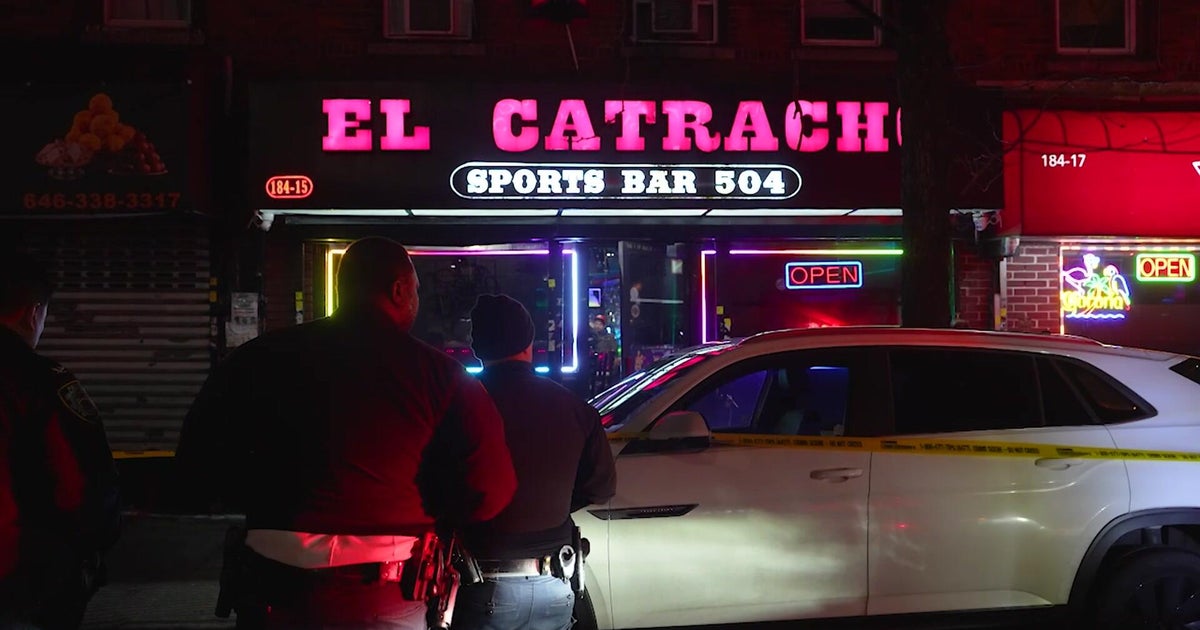Trayvon Death Case "Botched", Says Former Miami-Dade Top Cop
MIAMI (CBSMiami) - The former boss of Florida's largest police department said he believes the Sanford Police Department's handling of the shooting death of Trayvon Martin was "a rushed haphazard, or botched, or backwards investigation," either intentionally or because of a lack of training.
Former Miami-Dade police director Bobby Parker, who served 33 years in law enforcement before retiring from the department, was blunt in his assessment.
See the full interview
"It has to be either intentional or as a result of a lack of preparing and a lack of training and qualifications for the people that are there," he said in an interview with CBS4's Gio Benitez. "It's one or the other. Either they are intentionally lapse, or lax, in their process or they don't know any better, one or the other."
The way the Sanford Police department and chief Bill Lee handled the investigation has attracted considerable criticism. It allowed neighborhood watch volunteer George Zimmerman, who shot and killed Trayvon Martin as he walked home from a convenience store, to remain free after the shooting based on little more than his claim he shot in self defense.
There have been charges of poor investigative techniques, inadequate preservation of evidence, and racism because the person shot was black and from Miami while the shooter was a ethnically Hispanic white man from the neighborhood.
Lee temporarily stepped down after city officials gave him a vote of no confidence for his handling of the case.
While sources within the department said at least one homicide investigator wanted to charge Zimmerman with manslaughter, the department sources said the state attorney (who has since removed himself from the case) decided there wasn't enough evidence.
Parker has a problem with that.
"And of course, you don't know if it was because he gave them all the details to his findings or whether he didn't give him enough details in his finding," he said."So for one of the other reasons the state attorney obviously made a determination and a decision that you didn't have enough, either because they didn't have enough information at the time or the State Attorney wasn't given enough information at the time."
For Parker, the question is why.
"And, of course, if he wasn't given enough it could be for one of two reasons. Either they didn't probe the issue, explore the issue deep and detailed enough, or that they simply made a premature decision to call the state attorney's office," he said.
Miami-Dade's former top cop said on big cases, it's not unusual for representatives of the State Attorney's office to come directly to the crime scene to ask questions and make determinations about the case.
Parker said had the shooting happened under his watch, the potential for community concern would have been addressed immediately.
"That would be my level. And of course by the time they called they would definitely have some very basic, if not very detailed, answers to points and issues that are normally of concern. That would include what the age of the person, and the circumstances, and I'm telling you there's enough in the circumstances that tells you a community would be alarmed of a death, of a youth, under those circumstances, that is involving a crimewatch member that is armed."
Parker is not an impartial observer in this case. He testified before a congressional committee on the shooting last month, and has appeared numerous times with Trayvon's family at events demanding justice for Trayvon in the form of the arrest of George Zimmerman, at times speaking out against the handling of the case.
"What I hope, and all that I am asking for is what America is asking for, and that is a detailed, comprehensive, thorough investigation, and a chance to put this entire matter and issue before the courts," he said.
"In other words, not that a premature determination be made by anyone. Not by an investigator, not by a single police agency, not by a state attorney by themselves, but to be put before the court. And we're hoping that a triad of reviews of this investigation at the federal local and state level that we'll end up with enough information to make a determination to go forward and go before the courts and let the courts decide."







